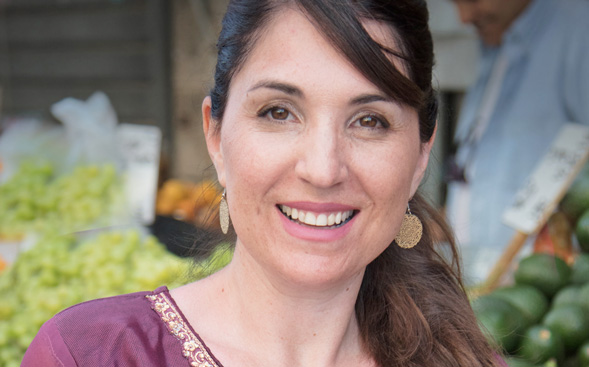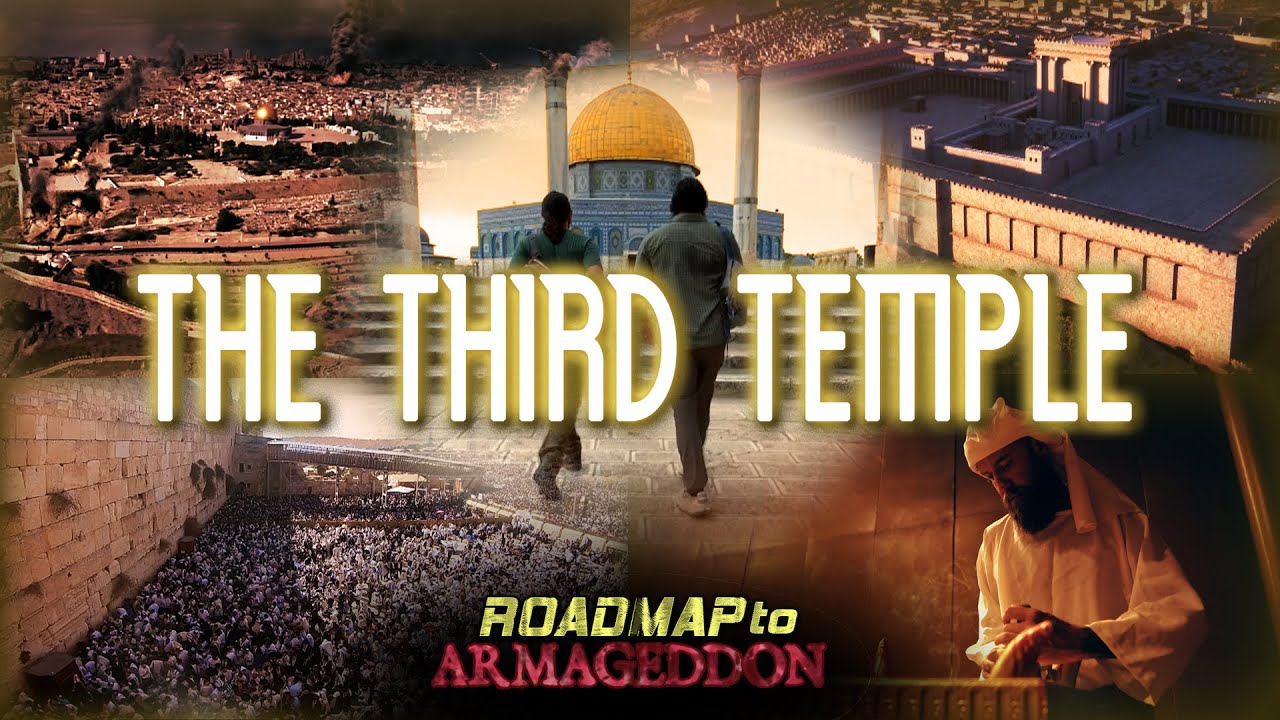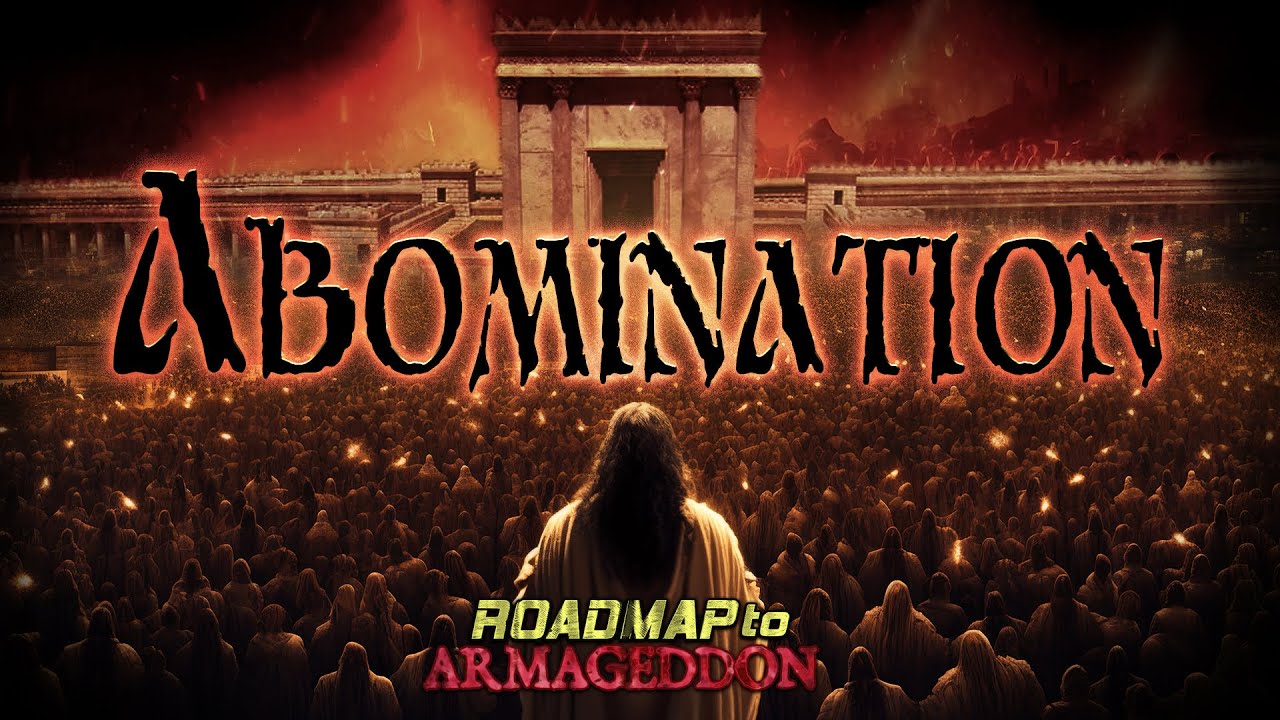
FROM SARAH, OUR SABRA
ON THE GROUND IN ISRAEL
Dear Friend,
Shalom from the Holy Land. As young parents-to-be, my husband and I struggled with a major decision: What should we name our twins? We pored over baby names, made short lists, and tried to reach an agreement. My #2 name for the girl was an Israeli name that I like very much: Lee-Ya, which means “God is with me.” However, my husband felt it was too close to the Biblical name Leah, which he said was a bit depressing, and so I crossed it off our list.
Previously, I had never delved into Leah’s life. I only remembered the essence of her story — she wasn’t beautiful, and her father tricked Jacob into marrying her when Jacob was in love with her sister. But one day while reading the Bible, I gained a deeper revelation about Leah.

The Unloved Sister
Leah’s pain began long before Jacob arrived on the scene. She was already living in the shadow of her sister. Genesis 29:17 records “Rachel was lovely in form and beautiful,” but also adds that “Leah had weak eyes.” In a culture where a girl’s appearance and status determined her worth, Leah constantly suffered from being compared to her younger, beautiful sister.
Jacob fell madly in love with Rachel, not Leah, and asked their father Laban for Rachel’s hand in marriage. Laban agreed but put a condition on the marriage: Jacob would work for him for seven years. Perhaps Laban thought: Surely in the next seven years, I will have made a marriage contract for Leah. But that didn’t happen, so after Jacob was married, Laban tricked Jacob by putting Leah in the marriage tent. The Bible records the awkward moment when Jacob realized what happened: “When morning came, there was Leah!…” (Gen. 29:25).
I considered this occasion from Leah’s perspective. For one night, Jacob had made love to her as if she was the most desired woman in the world. She had experienced the fullness of his passion and heart. But when morning came, Jacob was dismayed. Imagine Leah’s heartbreak at knowing that she would never experience her husband like that again. Though Leah became Jacob’s wife first, his heart was never with her. Still, she desperately wanted Jacob’s love.

God knew Leah’s pain: “When the Lord saw that Leah was not loved, He enabled her to conceive…” (Gen. 29:31). Leah gave Jacob the greatest gift she could give: sons. But that was not enough. You can hear her heartbreak in the names she gave each son at his birth. First came Reuben which means “Look! A son!” Leah said: “It is because the Lord has seen my misery. Surely my husband will love me now” (Gen. 29:32). But he didn’t. Next, she gave birth to Simeon, which means “Listen! A son!” Leah named the boy as she continued to seek her husband’s attention, but it didn’t help. Third came Levi, which means “attached” or “joined.” This time, Leah was sure: “Now at last my husband will become attached to me…” (Gen. 29:34). With each birth, Leah longed for Jacob’s love and approval that never came.
Like Leah, sometimes we also strive for the approval of humans to fill a void that only God can satisfy.
Praising God in the Midst of Pain
Leah’s breakthrough came when she decided to stop focusing on her disappointing husband and praise God despite her pain: “She conceived again, and when she gave birth to a son she said, ‘This time I will praise the Lord.’ So, she named him Judah” (Gen. 29:35). Judah means “praise.”
When Leah stopped reaching for Jacob’s affection and started resting in God’s attention, her legacy was transformed. From Judah came the line of King David, and, eventually, Yeshua the Messiah (Matt. 1:1–2). Thus, the unloved woman became the mother of the Messiah’s lineage.
When Leah died, Jacob buried her in the Cave of the Patriarchs in Hebron (Gen. 49:31). He later gave instructions that he should be buried there alongside her, not with Rachel, who was buried on the way to Bethlehem. This cave also housed the graves of Abraham, Sarah, Isaac, and Rebekah.
This placement suggests that Leah ultimately held a position of honor in Jacob’s eyes. Perhaps with time, he came to appreciate her more deeply, or perhaps it was simply the family custom. Either way, he chose to be united with her in death.
Leah’s story is a powerful reminder that even though initially her desire was not fulfilled, God used her in incredible ways. Leah’s story is not a tragedy; it’s a testimony. She went from being unloved by man to being chosen by God for one of the most important roles in redemptive history.
Dealing with Disappointment
Many of us have experienced deep discouragement at some time. Maybe it was a dream that didn’t come true or a healing that never occurred. Perhaps a significant relationship ended, or a prayer seemed to go unanswered. Disappointment is a universal human experience. If we let it take root, it can produce resentment and despair.
Israel’s ongoing campaign to debilitate the terrorist organizations who seek the Jewish nation’s destruction has left many people in deep despair. Additionally, cracks in Israeli society’s unity have become more evident in recent months — reminiscent of the disagreements before October 7, 2023 — which is mind-boggling. These concerns force everyone here to dig deep to stave off disappointment and distress about the future. Israelis can take a lesson from Leah: continue trusting God’s purpose and maintain their hope and faith in Him.
As Believers in Yeshua/Jesus as Messiah, we don’t have to deal with disappointment alone. God speaks through our despair — not to shame us, but to guide us toward healing and hope. Properly dealing with discouragement is important for our spiritual growth and our effectiveness in fulfilling God’s purpose for us on this Earth.
I believe there are three essentials for dealing with disappointment appropriately:
1. Recognize its Reality
In 1 Kings chapter 18, Elijah called down fire from Heaven and defeated the prophets of Baal on Mt. Carmel. One chapter later, however, while running from wicked queen Jezebel, Elijah sat under a tree and prayed, “…I’ve had enough, Lord. Take my life…” (1 Kings 19:4).
Even Godly people experience deep despair. It’s not a sign of weak faith; it’s a sign that you are human.
King David didn’t hide his disappointment: “O God my Rock,” I cry, “why have you forgotten me? Why must I wander around in grief…?” (Ps. 42:9). The Book of Psalms contains some of the most emotionally raw texts in the Bible. Here, David brought his sorrow, grief, and complaints before the Lord in prayer. There is no need for pretense with God. When you are praying through a difficult situation, first be honest. Then, turn your “why” into “what now, Lord?”
2. Trust God’s Purpose
I often remind people that nothing is wasted in the Kingdom of God. God doesn’t waste our pain. He has a purpose for everything. Joseph was betrayed by his brothers, imprisoned by his master, and forgotten by his fellow inmates. Yet he later said to his brothers: “…you meant evil against me; but God meant it for good…” (Gen. 50:20).
Believers can further profit from the story of Lazarus. When Martha, the sister of Lazarus, realized that he was seriously ill, she hurriedly asked Yeshua (Jesus) to come. She believed in His power to heal her brother. But Yeshua delayed His departure for two days, and when He arrived, Lazarus had died.
Martha said to Yeshua (Jesus), “… Lord, if You had been here, my brother would not have died!” (John 11:21). She had no idea what was about to happen. The delay that caused her tremendous grief meant the miracle was so much greater. Yeshua not only healed Lazarus but also raised him from the dead.
When you take your disappointments to the Lord in prayer, you can ask: What might God be forming in me through this? “And we know that in all things God works for the good of those who love Him, who have been called according to His purpose” (Rom. 8:28).
3. Hope in God
Disappointment often stems from delays. But God’s delays are not denials. Faith means trusting His timing even when, from our perspective, the answer is long overdue: “For the revelation awaits an appointed time; it speaks of the end and will not prove false. Though it linger, wait for it; it will certainly come and will not delay” (Hab. 2:3).
I find that many of the deep disappointments in people’s lives are typically silent, long-lasting, heartbreaks. The Bible teaches us to trust and hope in God in your brokenness. He is the One who heals our hearts and gives us eternal hope: “The Lord is close to the brokenhearted; He rescues those whose spirits are crushed” (Ps. 34:18).
Though your situation might not change immediately, your heart can find peace in God because He never fails. Leah’s story reveals that when we shift our focus from our disappointment to praising and finding hope in God, we find our identity and purpose.
The Hebrew word for hope is tikvah. In ancient Biblical pictographs, it is spelled using the images for four letters: covenant (tav), sun over the horizon (kof), nail (vav), and behold or look (heh). Thus, the sentence reads: Behold the covenant of the nail is as the sun rising on the horizon. God fulfilled His covenant when Messiah died, nailed to a cross, and then rose from the dead at dawn, making the way for us to rise and be with Him in His light forever. This is hope indeed.
“We have this hope as an anchor for the soul, firm and secure. It enters the inner sanctuary behind the curtain, where our forerunner, Yeshua (Jesus), has entered on our behalf…” (Heb. 6:19–20)

Im tirdefu lada-at oto —“Press on to know HIM!” (Hosea 6:3 NLT)
Many blessings from Israel,

Sarah Liberman
P.S. How has the Lord given you hope during a discouraging experience? Please write to me at staff@levitt.com or this ministry’s P.O. Box and share your story. In addition, consider sharing your testimonial with someone who might not know where to find hope when they are struggling with discouragement.
 Encouraging News!
Encouraging News!
We are getting reports from Israel indicating significant enemy threats are currently contained, thus optimism and group tourism are steadfastly returning to the Holy Land. Like Leah and other significant Bible figures, we have chosen to remain in faith, hope, praise, and prayer for Yeshua to faithfully work everything out for the good.
We are working on our Spring 2026 tour details, which we’ll post at levitt.com/TourInfo-Spring. You can also call our tour manager Sandra at 214-696-9760 or email travel@levitt.com for up-to-date information. Please prayerfully consider joining this unrivaled, on-the-ground, live Bible teaching. We would love to host you and possibly your family and friends in His Land!
Spring Tour 2026 options
| Deluxe — Israel | Mar. 16–Mar. 26 | |
| Grand Petra — Israel & Petra | Mar. 16–Mar. 29 |

A Note from Joshua and Caleb Colson
Hope has taken a bad rap in some Christian circles, as though it’s an impediment to faith or a sign of someone’s lack of faith. We Believers sometimes look at hope as something future — a wistful imagining or waiting for something good to manifest. Whereas faith is present tense — an action you take now —Biblical hope is the necessary stepping stone to action, and a strength in troubled times.
People use the word “hope” a lot: “I hope my team wins,” “I hope I win the lottery,” or “I hope I get better.” Natural hope comes with uncertainty. We may hope that something good happens, but it may not come to pass.
Our hope in God and His Word, however, is quite different. This is the building block of faith. Hope is an expectation — a confidence that God will do what He says. It is trusting that if the Lord declares that something will happen, it will happen! Biblical hope is the assurance that God will fulfill the rest of His covenant of salvation in the future. We have this assurance because the Holy Spirit dwells in our hearts: “…Christ in you, the hope of glory” (Col. 1:27).
In Romans 8, Paul explained that though we are the first fruits of the resurrection by being reborn in the Spirit, we have hope that our earthly bodies will also be resurrected one day because Yeshua’s body was resurrected. Romans 8:24–25 explains: “For we were saved in this hope, but hope that is seen is not hope; for why does one still hope for what he sees? But if we hope for what we do not see, we eagerly wait for it with perseverance.”

This hope is that anchor that Sarah noted from Hebrews 6:19–20. Such hope will eventually lead a Believer to act in the present — to believe by faith. Hebrews 11:1 asserts, “Now faith is the substance [assuredness] of things hoped for, the evidence of things not seen.”
This is the faith that God desires — faith that justifies us. Everyone in the Hall of Faith (Heb. chapter 11) had this type of faith, including Abraham, who “believed God, and it was credited to him as righteousness” (Rom. 4:3; Gal. 3:6; based on Gen. 15:6).
During the trials and tribulations that our Jewish brethren suffer in Israel, and even in the persecution we experience as Believers in Yeshua, don’t give up hope! Romans 5:5 reminds us that hope will not disappoint us, because of God’s love.
“And now these three remain: faith, hope and love. But the greatest of these is love” (1 Cor. 13:13).

Love, Joshua and Caleb.
P.S. To strengthen your hope, please recite these Scriptures verbally each day: Romans 12:12; Romans 15:4;
Romans 15:13; Hebrews 10:23.
Our Jewish Roots TV programs in June
This month we continue our encore presentation of Roadmap to Armageddon. In this series, the Bearded Bible Brothers® (BBB) address the Biblical order of prophetic events that lead to the battle of Armageddon. These programs, filmed in Israel just prior to October 7, 2023, are steeped in Biblical history and address timely topics that every Believer should know and understand.
Roadmap to Armageddon

Babylon the Great — What is the nature of the Beast’s kingdom? Where is its headquarters? What is its connection to the False Prophet? Joshua and Caleb search for the remnants of King Herod’s lost temple to Caesar Augustus. The brothers also travel to Caesarea to reveal the identity of the future Babylon the Great and its perverse center of worship.

The Third Temple — On the next stop on the roadmap, Joshua and Caleb dissect the Beast’s grand peace treaty that begins the Tribulation and the construction of the Third Temple. How will the revived Mosaic worship differ from the one world religion? The brothers travel to Jerusalem to discuss when all these events will unfold on the prophetic timetable.

Abomination — The Abomination of Desolation is a pinnacle moment in Scripture — that’s the horrific event that begins the Great Tribulation (the second half of the Tribulation). Joshua and Caleb ascend the Temple Mount to connect the prophetic puzzle pieces of the Beast’s death and resurrection through Satan’s indwelling. We look at God’s rescue plan for the Jewish people during the invasion of Jerusalem.

Jacob’s Trouble — In this solemn episode, Joshua and Caleb recall the history of persecution against the Jewish people and how the time of Jacob’s Trouble surpasses that history. The last three-and-a-half years of the Tribulation will be the most destructive period of all time, as God pours out His wrath on the wicked while Satan unleashes his hate against Israel.
You can see our complete Roadmap series at levitt.tv/media/series/DRTA.







